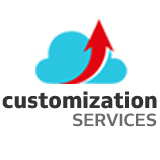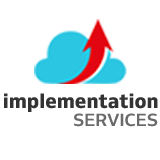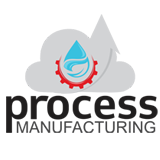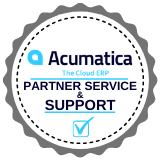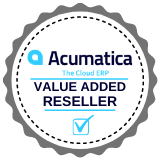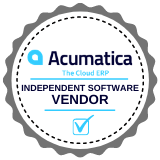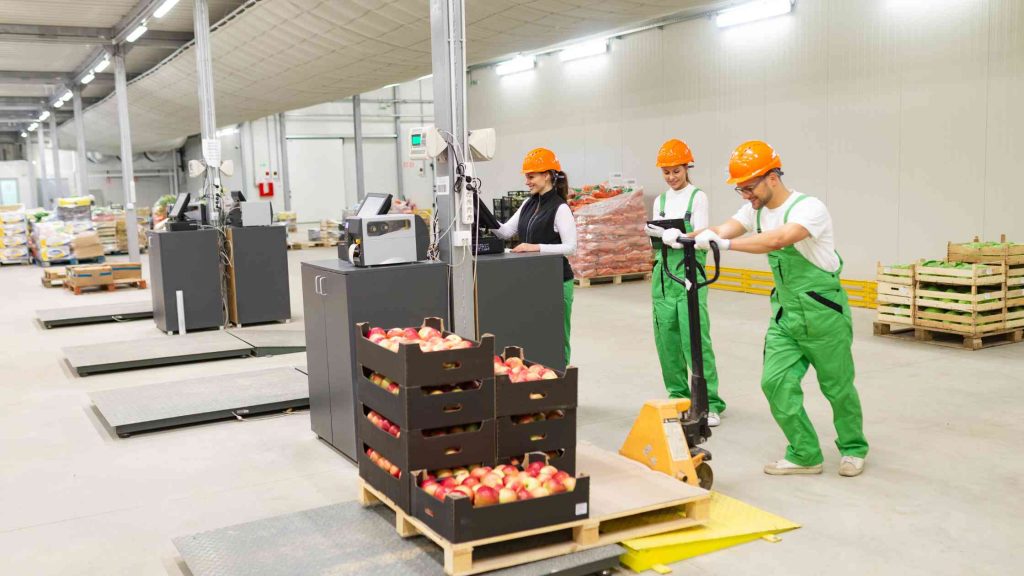What is Food Distribution Business
The food distribution business involves selling and distributing food and food-related products to various customers, such as grocery stores, supermarkets, restaurants, cafes, and other food-related businesses.
The food distribution business is responsible for sourcing products from manufacturers and suppliers, storing them in a warehouse or distribution center, and then distributing them to customers.
Food distributors may specialize in specific food categories such as meat, dairy, frozen foods, dry goods, or produce, or they may provide a wide range of food products to meet their customers’ needs.
Food distribution businesses play a vital role in the food industry, ensuring that food products are known to clients when and where they require them. These businesses may operate on a local, regional, or national level and offer value-added services such as packaging, labeling, and marketing support for their customers.
Benefits of Implementing the ERP for Food Distribution Business
Implementing a cloud ERP system can be a game-changer for any business, including those in the food distribution industry. Here are some top benefits that a food distribution business can experience from implementing an ERP system:
Improved Inventory Management:
With an ERP system, you can better manage inventory and stock levels to consistently have the correct products to meet customer demand. You can also track expiration dates, lot numbers, and other essential information to always provide the freshest products possible.
Better Financial Management:
An ERP system can assist you in handling your finances more effectively by providing real-time visibility into your financial data, allowing you to make better-instructed conclusions about your business’s financial health. It can also automate invoicing, payments, and other financial transactions.
Enhanced Supply Chain Visibility:
With an ERP system, you can access your entire supply chain, from raw materials to finished products. It permits you to make better-informed judgments about procurement, production, and logistics, reducing costs and improving efficiency.
Increased Operational Efficiency:
An ERP system can help reduce errors and improve operational efficiency by automating many manual processes. It can also provide real-time data on key performance indicators, enabling you to identify areas for progress and make educated conclusions to optimize your operations.
Improved Customer Service:
With an ERP system, you can better manage customer orders, preferences, and delivery schedules, improving customer satisfaction. You can also provide real-time updates on order status and delivery times, improving customer communication and reducing the risk of errors or delays.
Implementing an ERP system can significantly benefit a food distribution business, including improved inventory management, financial management, supply chain visibility, operational efficiency, and customer service.
Challenges in Food Distribution Business
The food distribution business faces several challenges that can impact its operations and profitability. Some of the common challenges include:
Quality Control: Maintaining the quality of food products during storage, transportation, and delivery is critical to the success of a food distribution business. Ensuring that food products are fresh and safe for consumption requires strict adherence to food safety regulations and proper handling procedures.
Inventory Management: Food products have a finite shelf life, so inventory control is necessary to prevent spoilage and waste. Proper inventory management requires accurate forecasting of demand, timely delivery from suppliers, and efficient distribution to customers.
Competition: The food distribution business is highly competitive, with many players vying for market share. Distributors must differentiate themselves by offering value-added services such as customized packaging, delivery options, and marketing support.
Logistics: The transportation and delivery of food products can be complex and expensive, particularly for businesses that operate over a large geographic area. Distributors must manage transportation costs, delivery times, and routing to ensure timely and efficient delivery to their customers.
Regulatory Compliance: Food distribution businesses must comply with various regulations related to food safety, labeling, and packaging. Compliance with these restrictions can be difficult and time-consuming, requiring ongoing training and investment in technology and infrastructure.
Rising Costs: The food distribution business is vulnerable to rising costs, such as fuel, labor, and insurance. Distributors must manage these costs while supporting profitability, which can be questioned in a competitive market.
Overall, the food distribution business faces numerous challenges that require precise control and attention to detail to guarantee the business’s success.

Sangeetha brings 20 years of experience in Information Technology which includes Solution architecting, building micro services, research, and evaluation of business applications, integrating apps.




